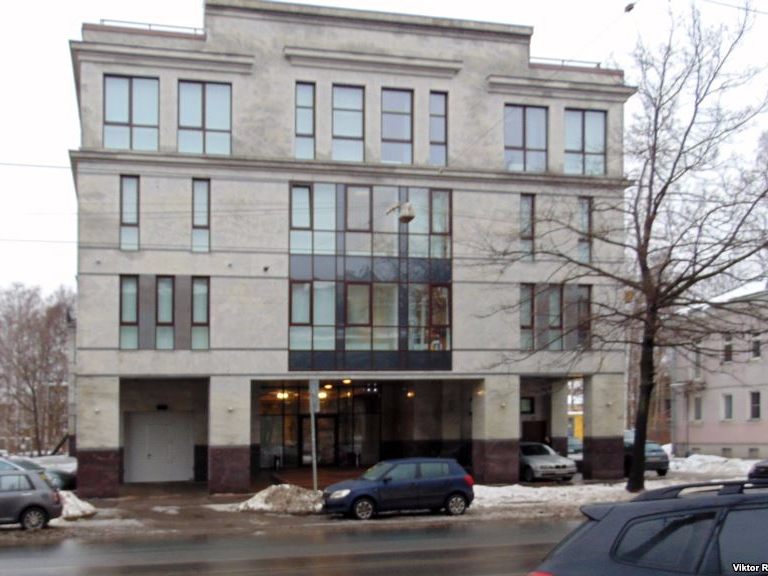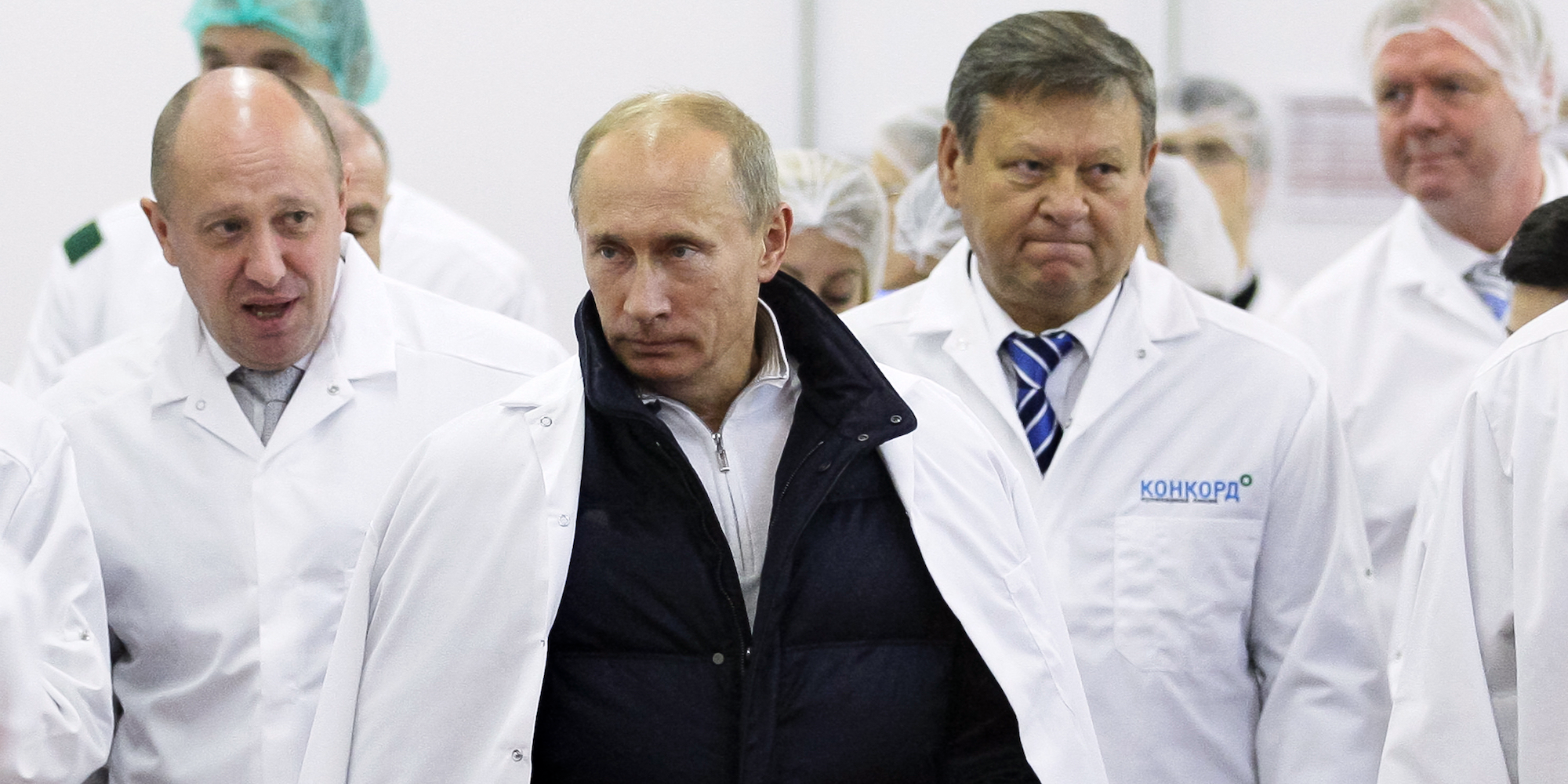- The office of the special counsel investigating Russian interference in the 2016 US election announced charges Friday against 13 Russian nationals and 3 Russia entities.
- Among the entities are the Internet Research Agency (IRA), a troll factory based in Russia that used bots to spread fake news and sow discord in the US.
- By September 2016, the IRA had a monthly budget of more than $1.25 million to carry out its influence campaign.
A notorious Russian “troll factory” had a $1.25 million budget in the run-up to the 2016 presidential election to interfere in the US political system, according to charges filed by the Department of Justice.
On Friday, special counsel Robert Mueller’s office announced the indictments of 13 Russian nationals and three Russian companies involved in interference operations targeting the US and the 2016 presidential election.
The charges took specific aim at the Internet Research Agency (IRA), a notorious Russian “troll factory” which focused on sowing political discord during the 2016 election by using internet bots to spread fake news and pro-Donald Trump propaganda on Facebook, Twitter, and other social media platforms.
One month before the 2016 election, the IRA was reportedly operating on a monthly budget of at least $1.25 million. The organization’s primary source of funding came from Yevgeny Prigozhin, a Russian oligarch and ally of President Vladimir Putin, who controlled Concord Management, Consulting LLC and Concord Catering. Prigozhin and his two Concord entities were among the individuals and organizations included in Mueller’s indictment.
All the defendants were charged with one count of conspiracy to defraud the US; the IRA and two defendants were charged with conspiracy to commit wire fraud and bank fraud; and the IRA and four defendants were charged with aggravated identity theft.
Concord holds various contracts with the Russian government and controlled the IRA's funding, recommended personnel, and oversaw the group's management and activities, the indictment filing said. Concord was able to disguise its funding as payments related to software support and development, and the group often transmitted money to the IRA through a collection of 14 different bank accounts, the DOJ said.
The goal was to 'provoke unrest and discontent'

Last year, a former IRA employee named Max, who was interviewed by the independent Russian news outlet Dozhd, said the organization consisted of a "Russian desk" and a "foreign desk."
The Russian desk, which was primarily made up of bots and trolls, used fake social-media accounts to flood the internet with pro-Trump agitprop and made-up news throughout the US presidential campaign, especially in the days leading up to the November election.
Those on the foreign desk had a more qualitative job that was geared toward understanding the "nuances" of American politics to "rock the boat" on divisive issues like gun control and LGBT rights, Max said.
The ultimate goal was "to set Americans against their own government," Max added, "to provoke unrest and discontent."
The indictments are part of Mueller's larger investigation into Russia interference in the 2016 US election. The special counsel is also looking into whether the Trump campaign coordinated with the Russians in their election meddling efforts, and whether Trump has obstructed justice during the course of the probe.
Trump has repeatedly denied collusion occurred. After the series of indictments issued Friday, Trump took to Twitter to distance himself from the news.
"Russia started their anti-US campaign in 2014, long before I announced that I would run for President," Trump said in a tweet. "The results of the election were not impacted. The Trump campaign did nothing wrong - no collusion!"

